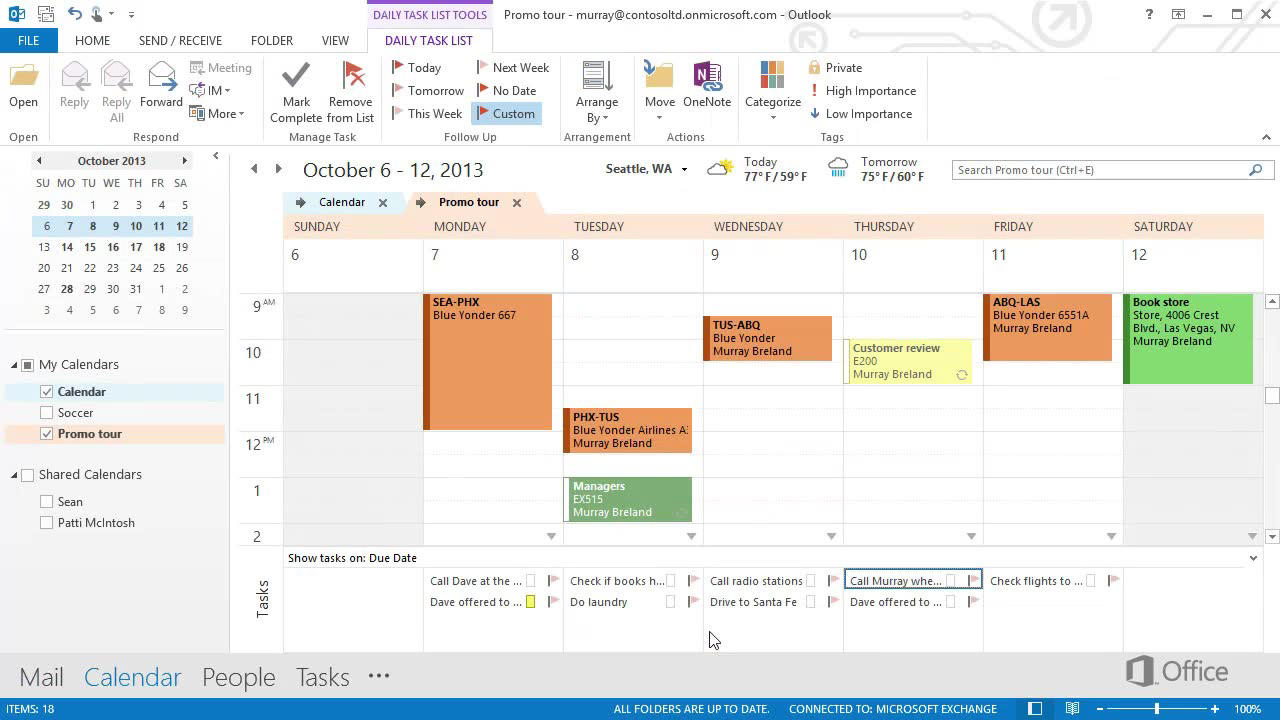Families, despite their differences, share a common bond and experience a variety of challenges. From financial issues to communication breakdowns, understanding the most common family challenges and how to overcome them is essential for maintaining strong family relationships. This article dives deep into these issues, and provides helpful advice on how to navigate them. With a little patience and understanding, families can come out of these challenges stronger than ever.
Communication: Poor communication is one of the most common family challenges

Good communication is key to any successful family dynamic. Openly talking about problems, feelings, and ideas can help families stay connected and on the same page. It is important to have a system of communication that works for the entire family, such as weekly family meetings, special one-on-one conversations, or even a family newsletter. Encouraging each family member to share their thoughts, feelings, and ideas is also essential. Having a set of rules and expectations can help promote healthy communication, such as listening to each other without interruption, speaking respectfully, and taking turns when talking. It is also important to be open-minded and willing to compromise. With the right combination of open communication and respect, families can learn to work together to solve problems and build strong bonds.
To overcome this, start by having regular family meetings to discuss any issues that arise

Regular family meetings provide an opportunity for members of the family to bring up any issues that need to be discussed, as well as come together to create solutions. By having regular family meetings, family members can practice communication and problem solving skills. The structure of these meetings can help ensure that everyone is heard, and that all family members are involved in the decision making process. The topics discussed can range from small everyday issues to larger family issues. By setting a regular meeting time, everyone can be sure that their voice is heard, and that any potential issues can be addressed before they become too large. Family meetings also provide a great opportunity to build stronger relationships, strengthen bonds, and work together to come up with creative solutions.
Encourage open and honest dialogue and make sure everyone is heard.

Honest dialogue is essential for families to work through their challenges and build a strong bond. Open communication creates an atmosphere of trust and acceptance, which encourages family members to express their feelings and opinions. To ensure everyone is heard, it is important to create an environment where everyone feels comfortable speaking their minds. This can include setting ground rules such as no interrupting or judging, and providing a safe space for family members to express their feelings without fear of criticism or judgement. Taking turns to speak and allowing each family member to have a say can also help ensure everyone’s voices are heard. It is also important to practice active listening and really pay attention to what each family member is saying. Through an open and honest dialogue, families can work through their challenges and build stronger relationships.
Finances: Finances can be one of the most stressful areas for families

Financial struggles can be a major source of stress for families. Taking the time to create a budget and plan for expenses can help alleviate those worries. Creating a budget and tracking expenses can be a tedious task, but it’s worth it in the long run. The first step is to identify all sources of income and all expenses. This will give you an idea of how much money you have to work with each month. Once you have a budget, you can start planning for the future by setting up an emergency fund, saving for retirement, and setting aside money for big purchases. Having a plan for your finances can help you stay on track and make sure you are able to provide for your family.
To overcome this, create a budget and stick to it
Creating and sticking to a budget is one of the most effective strategies for overcoming common family challenges. A budget is a plan that outlines how you and your family will utilize your income and manage your expenses. It is important to include all of your income sources, including employment, investments and other sources of income. Additionally, list all of your expenses and create a timeline for when they will be paid. This will help you prioritize your expenses and ensure that all of your bills are paid on time. Having a budget also allows you to plan for future expenses, such as vacations or special events. Additionally, it is important to regularly review your budget, as your financial needs may change as your family grows and evolves. By creating and sticking to a budget, you will be able to manage your finances more efficiently and effectively and will be better able to overcome common family challenges.
Make sure everyone is contributing to the shared expenses and that everyone is aware of where their money is going.

Having a financial plan in the family may help reduce any financial strains and make sure everyone is on the same page. One of the most effective strategies is to make a family budget and assign each family member a role in managing the finances. A budget for a family can include setting long-term and short-term goals and objectives, tracking income sources, setting spending limits, and outlining a plan to pay off debt. Additionally, it can be helpful to create a savings account for each family member to ensure that everyone is contributing to their own shared expenses. Having a plan in place to manage the family’s finances will promote transparency and open communication among family members, making it easier to track expenses and ensure that everyone is aware of where their money is going. Furthermore, setting a budget and tracking expenses can help to keep the family’s finances on track and reduce any financial pressures that may arise.
Parenting: Parenting is an ever-evolving job with different challenges

Parenting can be a difficult job, especially as your children grow and develop. With new challenges arising as your children age, it can be difficult to know how to meet these challenges and help your children to develop properly. One key challenge that parents face is how to balance their own needs and responsibilities with their children’s needs and demands. It is important to remember that your children are individuals and have different needs and goals than you do. It is important to be flexible and open to trying different approaches to parenting as your children mature. One way to help manage this challenge is to practice active listening, where you take the time to really listen to what your children are saying and trying to understand their perspectives. This can help you to better understand their needs and wants, and to be able to respond in a way that meets those needs. Additionally, it is important to set clear boundaries and expectations for your children, and to provide consistent discipline when these boundaries are broken. This will help to create an atmosphere of respect and responsibility, which is key for any successful parent-child relationship.
To overcome this, practice positive parenting techniques that focus on encouraging children to make good decisions and teaching them problem solving skills.

When looking for ways to help your family overcome common challenges, positive parenting techniques can be a great way to start. Positive parenting techniques focus on encouraging children to make good decisions and teaching them problem solving skills. This can help to equip your children with the skills they need to navigate difficult situations and to make wise choices. Positive parenting techniques also involve providing children with a structure of expectations and consequences that gives them the tools to self-regulate. As a parent, you can also model good behavior and provide guidance and support when needed. When it comes to overcoming family challenges, positive parenting techniques are a great way to help your children develop the skills they need to succeed.
Conflict: Conflict is inevitable, but it doesn’t have to be destructive

Conflict in a family can present itself in a variety of ways. From arguments to disagreements, family dynamics can be a source of difficulty for many. While it is not possible to avoid conflict altogether, there are ways to approach it that can be conducive to positive outcomes. The most important thing is to communicate clearly and openly. When disagreements occur, it is important to remain respectful of one another, avoid personal attacks, and focus on the issue itself. Additionally, it is helpful to practice active listening to ensure that everyone’s perspective is heard and taken into consideration. This can help to avoid unnecessary escalations and create a more collaborative atmosphere. With patience and understanding, it is possible to work through difficult conversations in a way that can be beneficial to all parties involved. Through clear communication and a willingness to compromise, families can learn to navigate conflict in a constructive manner.
To overcome this, set ground rules and learn how to communicate effectively and calmly.

Setting ground rules and learning how to communicate effectively and calmly are key strategies for overcoming common family challenges. Creating boundaries and expectations for family members can help to reduce tension, increase understanding and build respect. Establishing ground rules can be done by family members discussing issues, listening to each other, and coming up with solutions together. An important part of this process is learning how to talk to each other calmly and constructively. This means using effective communication tools such as active listening, asking open-ended questions, and being aware of body language. Doing so can improve communication and understanding within a family, which is essential for resolving conflicts. Learning how to effectively communicate with family members is a crucial skill that can help to create a positive and harmonious family environment.
Time Management: Balancing work and family responsibilities can be a challenge

Good time management is essential to maintaining a healthy work/life balance. It can be difficult to juggle the demands of work and family life, but it’s important to make sure both are given the attention they require in order to stay healthy and productive. Start by setting aside specific times for work and family, and make sure that both are given the attention they deserve. Make a schedule and stick to it, leaving room for flexibility if needed. Prioritize tasks according to their importance and delegate responsibilities whenever possible. Take time for yourself to relax and recharge. It may help to set small, achievable goals in order to stay on track. Finally, make sure to communicate openly and honestly with family members to ensure that everyone’s needs are being met. With the right strategies, managing time between work and family can be an achievable goal.
To overcome this, create a family calendar and assign tasks to each family member

Creating a family calendar can be a great way to help your family overcome common challenges. By assigning tasks to each family member, it can help them to stay organized and be responsible for their own actions. This can also help to reduce stress levels by ensuring that everyone is aware of their expectations and responsibilities. Having a family calendar also allows everyone to plan ahead, which can help to reduce conflict and promote a more harmonious family environment. Additionally, it can help to ensure that everyone is on the same page and that everyone is working together to reach a common goal. With a family calendar, it’s easy to keep track of upcoming events and appointments, making it easier for everyone to coordinate their schedules and stay organized. This can help to ensure that everyone is on the same page and that family goals are achieved.
This will help ensure that everyone is on the same page and no one is overburdened.

When it comes to family challenges, communication is key. It is important to ensure that everyone is on the same page and that no one is feeling overwhelmed or overburdened. Establishing a weekly family meeting is a great way to get everyone together to discuss any issues that may be arising. During this meeting, each family member should be able to express their thoughts and feelings without fear of judgement. This will help ensure that everyone is heard and that any issues can be addressed in a respectful and productive manner. By engaging in open and honest communication, family members can work together to find solutions that work for everyone. Additionally, taking time for self-care is important for all family members to be able to cope with the challenges that come their way. Taking a break and engaging in activities that bring joy, such as spending time with friends and family, can help restore balance and help family members better handle any challenges that arise.




